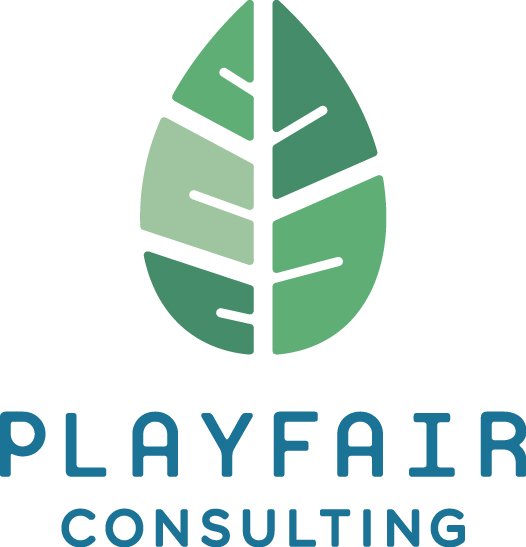Was I criticizing self-care in a recent blog?
Earlier this week, I posted a blog on Illness Anxiety Disorder and how to differentiate it from psychosis. I used myself coping with migraines 10 years ago as an example. One reader interpreted the description of my old “OCD Coping” to be anti-self-care. I think it was this quote that caught their eye:
Leaving what I’m doing to go lie down, asking for reassurance that someone can take me to the hospital if I need to go, looking up articles on migraines, taking medicines that might work but weren’t actually indicated by my doctor.
FUNCTION of behavior is key
I’m definitely not anti-self-care. Sometimes, lying down, getting some reassurance from a friend, or taking medication is 100% the right thing to do, to move you towards the fullest expression of your life values that you can have in that moment. Sometimes, the same outward behaviors are avoidant or ineffective.
I’m going to write a follow-up to the migraine article to talk about the strategies I used to work with my migraine-related anxiety but until I get that done, I want to highlight this point.
Story of this week’s migraine
This week, I was treated to a headache ON MY WAY TO A FUNERAL. The mother of one of my best friends died last week and making it to her memorial was really important to me. I had to watch the church service online and then I grabbed one of my kids, hopped in the car, and over half way to the family gathering, a migraine started. The me of 2012 would have immediately turned around, gone home, and laid down in case the headache got really bad, and texted my regrets. The me of 2022 took a different approach:
Safety - Is this headache the type where I need to pull over or can I continue driving safely to my destination? This is paramount, of course. I was doing ok with very limited visual disruption and I knew it would be safe to get to my destination.
Values check - How important is it to me to make it to this event today? Is it worth enduring the pain of a headache to go to this particular event on this day? VERY IMPORTANT. This was a high priority activity that was very close to my heart.
Ability check - Have I done something like this before, successfully and safely, with this type of headache? YES. I knew that I could cope with what was to come.
Cope effectively, long-term - When I got home from the service, I took a nap to reset my brain and made an appointment with my doctor to catch up on the latest in migraine science. I’m sure something’s changed in 10 years. I didn’t go to urgent care or the ER because I knew this pattern of headache and knew it wasn’t an emergency. This is coping in proportion to the event.
Context matters
If I had been doing something less important or if the headache had been different or worse, I might have made different decisions. I might have gone home to lay down or to urgent care to get pain relief. But I was able to analyze the safety, values, ability, and coping options to choose a path that fit instead of choosing to throw out the day to take care of myself. This is the type of flexibility we need to cope with bothersome medical conditions and the anxiety that accompanies them.
